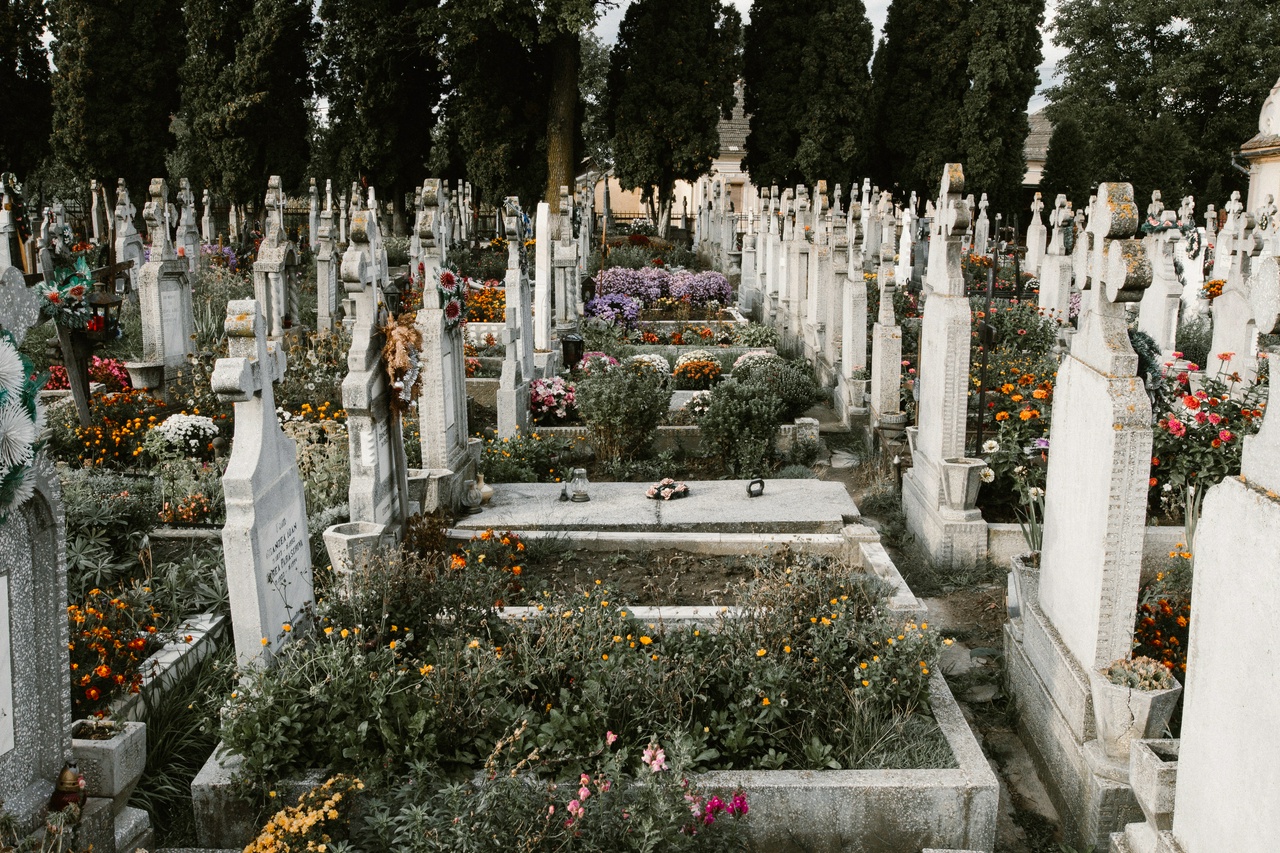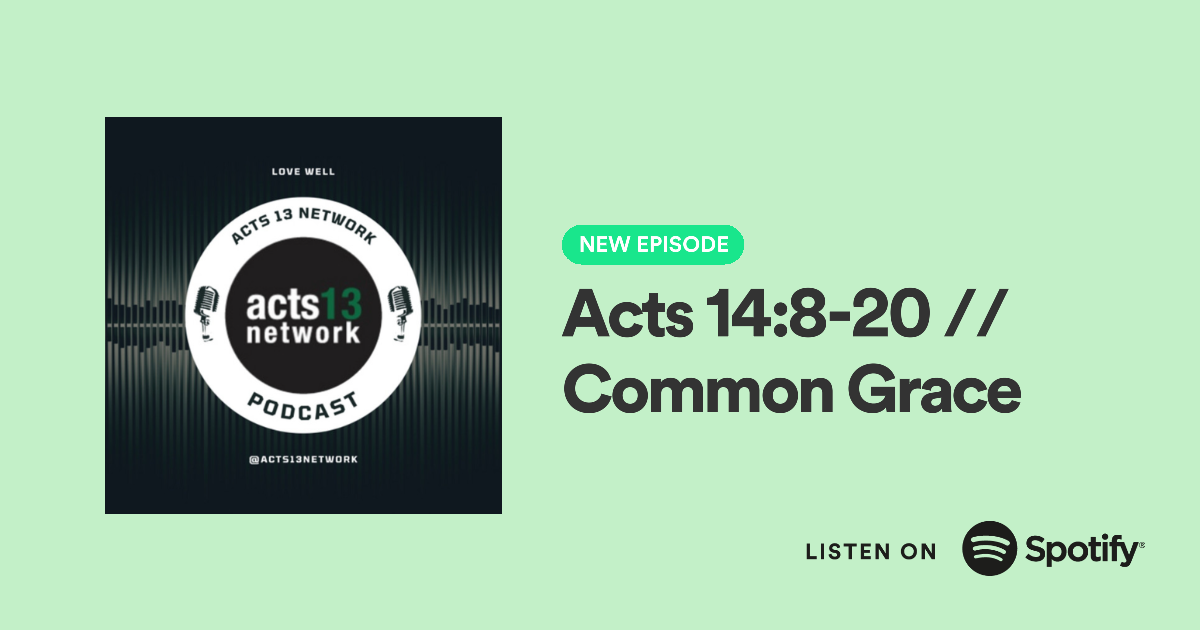Could religion actually be good?

When you think of religion what comes into your mind?
For many of us it's probably something like, “man's pursuit of the divine,” or “a system of beliefs,” or “the crutch of humanity,” or “the worst thing that's ever happened to humanity.” Whatever our understanding or definition it's typically tinged with a bit of negativity.
How many folks do you know say something like, “I'm spiritual not religious”? In many of my circles that saying goes like this, “Christianity is a relationship not a religion.”
Religion is apparently not a very popular thing.
“Whatever you do, don't talk about religion or politics.” – Someone
“Imagine there's no countries It isn't hard to do Nothing to kill or die for And no religion, too” – John Lennon
Religion is a dirty word. When you talk to most folks it seems like religion conjures up images of disconnection, judgementalism, factionalism, and maybe even hate. I saw a funny meme that said, “Religion is just weird guys in robes making stuff up.”
I think it is safe to say that we do not think, by and large, very highly of religion.
Is there anything redeeming or good or helpful about religion?
Does religion deserve its bad reputation?
Is it possible that religion might not be the evil villain that it has been made out to be?
—
I think it was in a Rob Bell podcast (and he probably got it from Richard Rohr) that I heard something that jarred me and I may have heard an audible record scratch in my mind.
He was talking about religion and in particular he was hitting on the Latin root of the word. Both religion and ligament share the Latin root, “ligare”. “Ligare” means to bind or bond. “Religare” is the Latin term from which we derive “religion.” If my research into the Latin pre-fix “re-” is correct then the idea of “religare” is “bind again and again.”
It's interesting to me that the word that developed into our modern word for “religion” is one that in so many ways is the opposite of what it means today.
What if religion is really about “binding again and again”?
—
As I think about the idea of religion in conjunction to its linguistic roots it is exactly the kind of thing that I want to be about.
What I like about thinking about the term, religion, at this deeper level is that I find it to be deeply connected to the best aspect (in my not so humble opinion) of the human experience: forgiveness.
There is an assumption with the very core of the word that there is going to be disconnection and brokenness and separation but there is also the hope of connection and healing and unity. But, not only that those are realities but also the reality that they would be an ongoing process. There is in the Latin prefix “re-” a sense of again and again.
Religion in this sense is such an honest word. It doesn't try to sugar coat our experience. It doesn't pretend that there is in some way an end to the need for re-connecting. All of us know that life and relationships of every kind are messy and hard.
The deeper we go in relationship the more we will find our need to pursue love and forgiveness.
—
There is only so long that we can pretend in relationships. At some point our masks come off and we finally get real (yes, yes, that sounds an awful lot like the opening to MTV's Real World, I'm a product of my culture). When this happens we will inevitably hurt the person with whom we are in relationship with and they will inevitably hurt us.
My wife and I just celebrated our 26th wedding anniversary. There is no person that knows me like her and I assume that I know her better than any other. We have known one another since 1995. In the nearly 30 years that we have had a relationship we have hurt one another. Some hurts were deeper than others. But, they were hurts nonetheless. Each time we have chosen to forgive and pursue love. In so doing, we were practicing the most foundational form of religion.
I am coming to the conclusion that instead of running away from religion as I follow Jesus, I'm running head long into religion. Religion is the core of what I want to be all about because it seems to be what Jesus was all about.
—
One time Jesus was asked what the most important commandment was. He responded with love God and the second being love your neighbor as yourself. Later, Jesus would expand on the love your neighbor bit to also include loving your enemies.
Jesus was all about religion. He was all about re-connecting again and again those things or people that had been broken apart.
Whether someone is a Christian or a church-goer or even an atheist I think we all might want consider religion.
You see, I don't need to imagine a world without religion. We see that world every single day. Everywhere we look it seems that we can easily find broken relationships and disconnection.
It's harder to imagine a world with religion. A world that was rife with connection and forgiveness rooted in love.
As I continue to think about this it strikes me that there is not any particular belief necessary for religion. What matters is for people to love well. Can a person who believes in God do that? Yes. Can a person who does not believe in God do that? Yes.
I am committed to following Jesus. I think by following in his way it becomes easier to love well to practice religion (but that's for another post).
It turns out that as I have tried to run from “religion” to a “relationship with God” or a deeper “spirituality,” I'm actually finding my religion.
Everyday I wake up with one thing on my mind, “How can I love well today?”
In other words, “I can't wait to practice religion today!”


 There is this interesting little line in the letter that Paul of Tarsus wrote to the faith community in Galatia.
There is this interesting little line in the letter that Paul of Tarsus wrote to the faith community in Galatia. There is this interesting little line in the letter that Paul of Tarsus wrote to the faith community in Galatia.
There is this interesting little line in the letter that Paul of Tarsus wrote to the faith community in Galatia.

